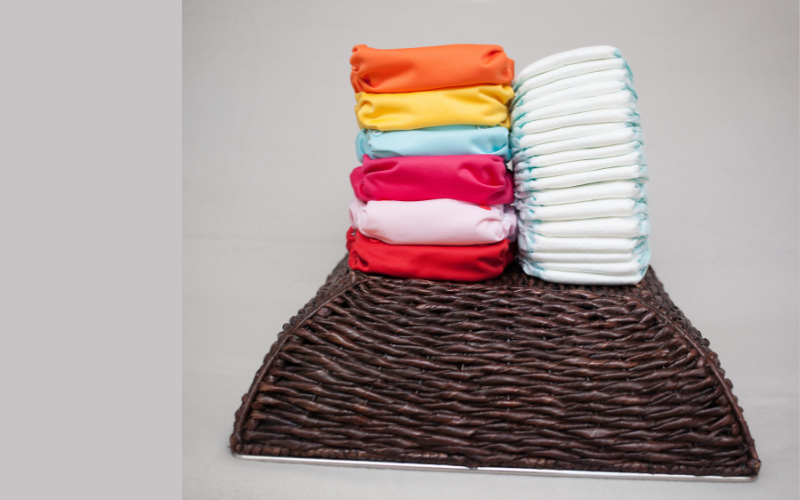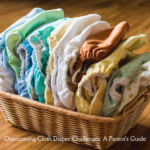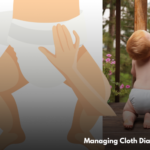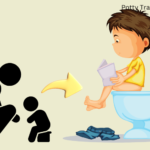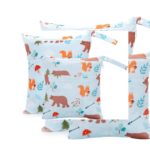When it comes to choosing diapers for their children, parents are faced with a variety of options, each claiming benefits and drawbacks. In this article, we delve into the ongoing debate between fabric diapers and traditional disposable diapers, examining their costs, environmental impacts, and suitability for busy families.
Understanding the Basics
What are Fabric Diapers? Fabric diapers, commonly referred to as cloth diapers, are reusable diapers made from natural fibers, man-made materials, or a combination of both. They are designed to be washed and reused multiple times.
What are Traditional Diapers? Traditional diapers, or disposables, are single-use diapers made from absorbent chemicals and plastics, designed for convenience and marketed as highly absorbent.
Cost Analysis: Comparing Long-Term Expenses
Initial Investment vs. Recurring Cost
- Fabric Diapers: Higher initial cost for setup but reduced ongoing expenses.
- Traditional Diapers: Lower initial cost but continuous purchasing required.
Table: Cost Breakdown Over Two Years
| Type of Diaper | Initial Cost | Monthly Cost | Total Cost |
|---|---|---|---|
| Fabric Diapers | $250 | $20 | $730 |
| Traditional Diapers | $0 | $50 | $1200 |
Cost-Efficiency Tips
- Buy fabric diapers in bulk or during sales.
- Use energy-efficient appliances for laundering fabric diapers to reduce energy costs.
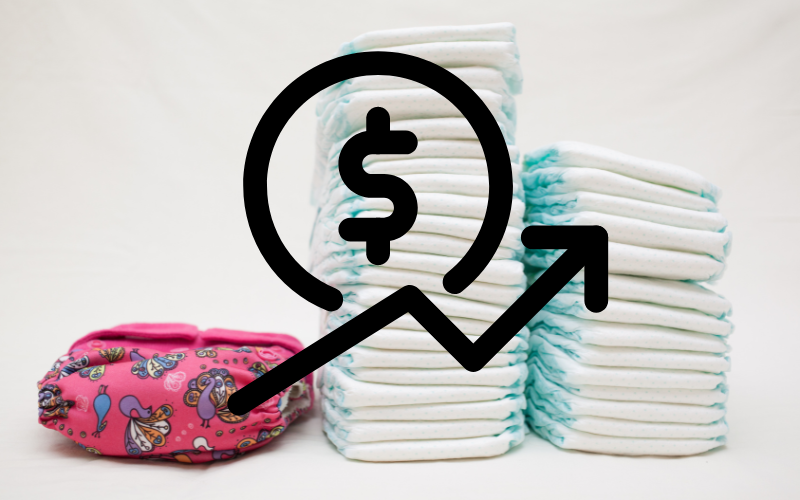
Environmental Impact: A Critical Comparison
Waste Generation
- Fabric Diapers: Produce less waste since they are reused.
- Traditional Diapers: Contribute significantly to landfill waste.
Resource Usage
- Fabric Diapers: Require water and energy for laundering.
- Traditional Diapers: Utilize plastics and chemicals that are often derived from non-renewable resources.
Sustainability Practices
- Choose organic fabric diapers to minimize environmental impact.
- Consider hybrid diapers that combine reusable covers with disposable inserts for less waste.
Practicality for Modern Families
Ease of Use
- Fabric Diapers: Require a routine of washing and maintenance.
- Traditional Diapers: Known for their convenience, especially while traveling or in emergencies.
Lifestyle Considerations
- For busy families, balancing the laundering needs of fabric diapers with everyday life demands planning.
- Disposable diapers offer convenience but at an environmental and financial cost.
Health and Comfort: What’s Best for Baby?
Skin Health
- Fabric Diapers: Often made from natural materials that are gentle on the skin.
- Traditional Diapers: Can contain chemicals that trigger allergies or diaper rash.
Comfort and Fit
- Fabric Diapers: Offer adjustable sizes for a snug fit.
- Traditional Diapers: Designed for convenience with less flexibility in fit adjustments.
Personal Experience: A Father’s Insight
As a dad of three, I’ve experimented with both diaper types across different stages of my kids’ lives. Here’s what I found:
- Fabric Diapers: They offered a personalized fit and fewer rash issues but required a solid routine.
- Traditional Diapers: Unmatched for overnight use and during long travels for their absorbency and leak protection.
Making the Choice: Which is Right for You?
Consider Your Priorities
- Assess your family’s lifestyle, budget, and environmental values.
- Try different types of diapers to see what works best for your child and family dynamics.
Community Advice
- Connect with other parents in online forums and local parenting groups to learn from their experiences.
Conclusion: Balancing Needs and Values
Choosing between fabric and traditional diapers is a decision that impacts not just your child but your entire family’s lifestyle and environmental footprint. By weighing the costs, environmental impacts, and practical aspects, parents can make an informed decision that aligns with their values and the well-being of their child.
This article provides a comprehensive overview to help new and experienced parents navigate the complexities of choosing the right diapering option for their family, promoting a balanced approach to parenting in the modern age.

